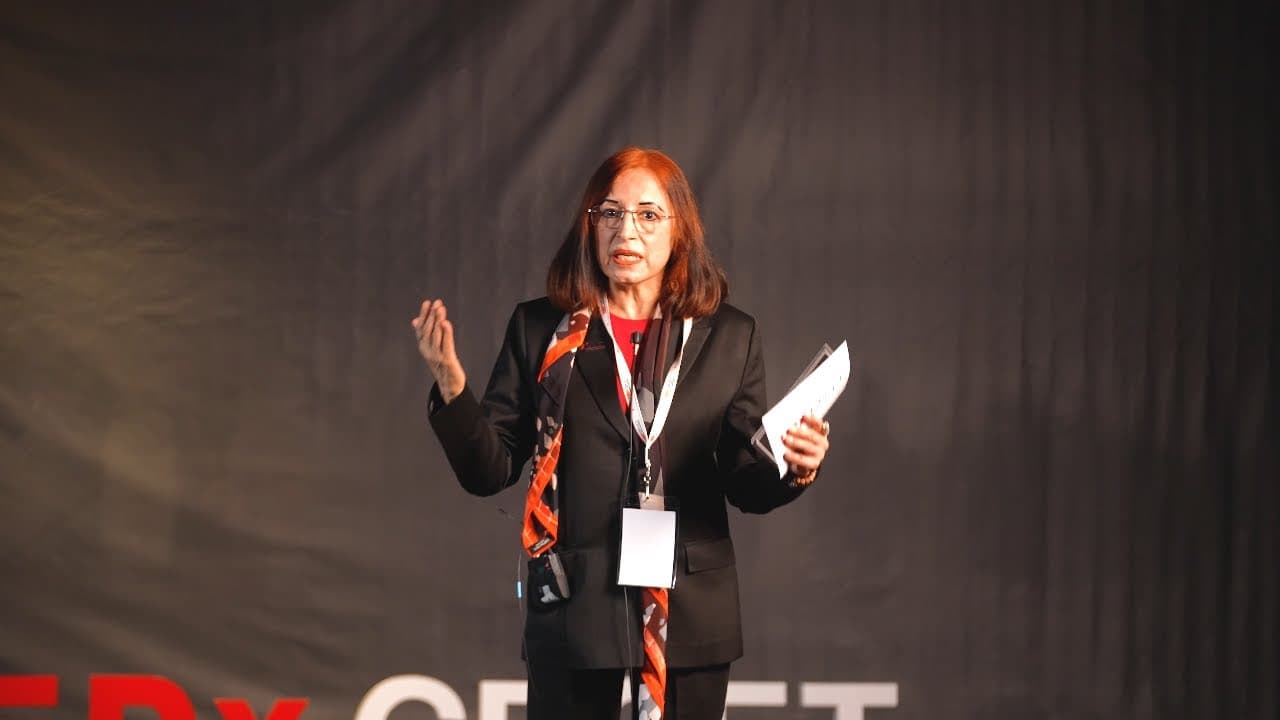INCLUSIVE ECONOMIC GROWTH PAVES THE WAY FOR INDIA’S FUTURE | Uma Mansharmani | TEDxGPCET
30 Sep 2024 (1 year ago)

Importance of Economic Growth
- Economic growth, specifically growth in a country's GDP with price power parity, is essential so citizens can afford a good standard of living. (47s)
- Inclusive growth, which benefits all citizens, is crucial for social stability, attracting foreign investment, and overall economic growth. (2m9s)
Pillars of Inclusive Economic Growth
- A strong market economy, pragmatism, and empowerment are the three pillars of inclusive economic growth. (5m52s)
- To promote economic growth, policies should focus on ease of doing business, enabling participation from individuals of all socioeconomic backgrounds. (14m51s)
Inclusive Growth and its Benefits
- Inclusive growth involves providing basic necessities like food, water, power, shelter, and internet access to all citizens. (17m0s)
- A key aspect of inclusive growth is empowering individuals through education, upskilling, and fostering a growth mindset, enabling them to contribute to the nation's economy. (19m21s)
- Providing equal opportunities and capability-building resources to individuals from all backgrounds can lead to significant contributions to the country's growth and make it a leading nation globally. (25m20s)
Challenges to Inclusive Growth
- Some industries in India have structural entry barriers that limit participation and growth, and structural reforms are needed to remove these barriers and promote inclusivity. (8m24s)
- People living in metros have access to more resources and opportunities than those living in other areas. (21m36s)
- It is important to provide equal opportunities and resources to underprivileged sections of society, including tribal areas and marginalized communities. (25m0s)
India's Vision for the Future
- Businesses from rural areas in India are increasingly using digital marketing to reach clients both domestically and internationally, contributing to economic growth. (7m55s)
- India's vision of becoming a "Vishwaguru" (world leader) by 2047 requires addressing social and economic disparities, empowering marginalized groups, and fostering a sense of ownership and belonging among all citizens. (9m19s)